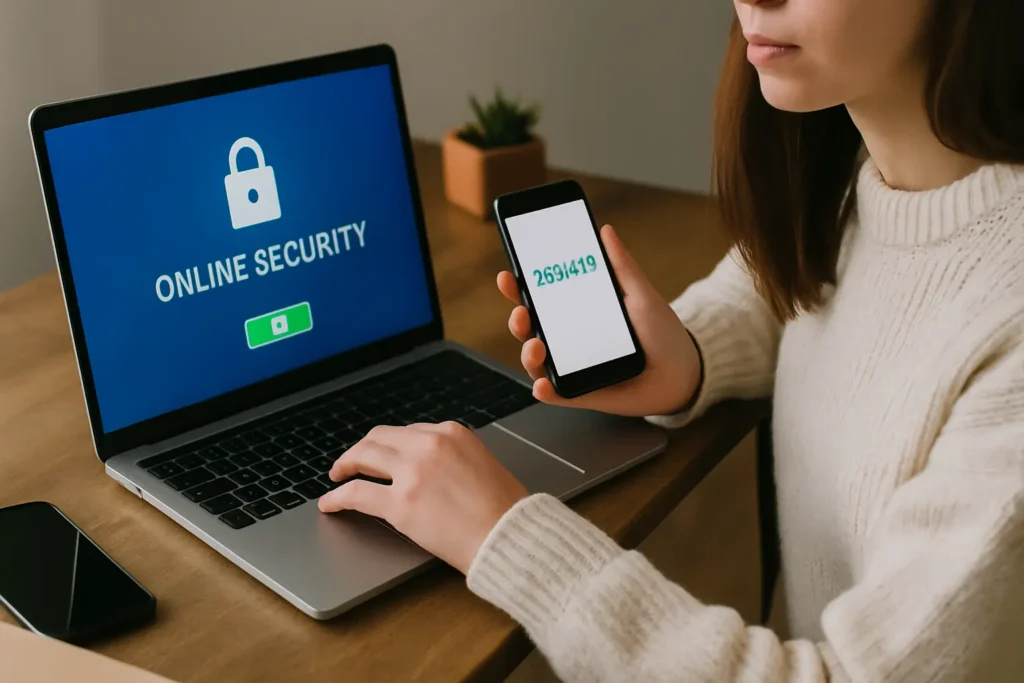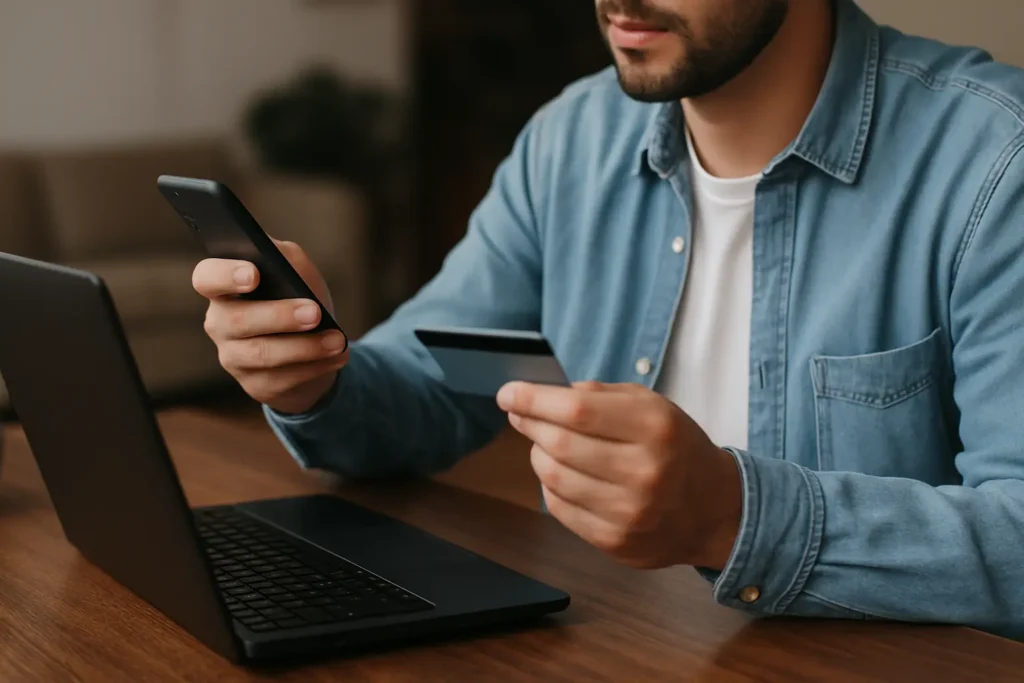In today’s digital world, your personal data and identity are exposed more than ever — whether you’re browsing social media, shopping online, or simply checking your email. One careless click can lead to hacked accounts, stolen identities, or leaked personal information.
This beginner-friendly guide will walk you through practical ways to protect your data and online identity in Twenty-Twenty Five.
1. Secure Your Email — It’s the Gateway to Everything
Your email account is connected to almost every service you use. If someone gains access to it, they can reset passwords, break into other accounts, and even impersonate you.
✅ Tips to secure your email:
- Use a strong, unique password
- Enable two-factor authentication (2FA)
- Avoid logging in on public Wi-Fi networks
2. Use Strong, Unique Passwords for Every Account
Reusing passwords is a major security risk. If one site is compromised, all your other accounts become vulnerable.
✅ Recommended tools:
- Password managers like Bitwarden, LastPass, or 1Password
- Auto-generated passwords with a mix of letters, numbers, and symbols
3. Enable Two-Factor Authentication (2FA)
2FA adds an extra layer of protection. Even if someone has your password, they won’t be able to access your account without a second code.
✅ Best practice:
Use an authenticator app (like Google Authenticator or Authy) instead of SMS for better security.
4. Avoid Phishing Emails and Suspicious Links
Phishing is one of the most common ways cybercriminals steal information. These scams often mimic emails from banks, delivery companies, or tech support.
✅ How to spot phishing:
- Check for typos, strange email addresses, or urgent messages
- Don’t click unfamiliar links or download unexpected attachments
5. Limit the Personal Information You Share Online
Hackers often use public details — like your birthday, hometown, or pet’s name — to guess passwords or answer security questions.
✅ Safety tips:
- Make your social media profiles private
- Avoid oversharing personal details in forums or bios
6. Use Secure Internet Connections
Logging in on public Wi-Fi (like at airports or cafés) puts your data at risk. These networks can be intercepted by attackers.
✅ How to stay safe:
- Use a VPN to encrypt your connection
- Only connect to trusted, password-protected networks
7. Review Device and App Permissions
Many apps request access to your contacts, camera, microphone, or location — even when it’s not necessary.
✅ What to do:
- Regularly review app permissions in your device settings
- Delete apps you no longer use or trust
8. Keep Your Software Updated
Outdated software often has security flaws. Updates usually include important patches to protect against new threats.
✅ Tip: Enable auto-updates for your phone, apps, browser, and operating system whenever possible.
Final Thoughts
Online security isn’t just for tech experts — it’s something everyone should care about. By taking simple steps like enabling 2FA, creating strong passwords, and avoiding phishing attempts, you can protect your digital life.
Your privacy is your responsibility.
Stay alert. Stay informed. Stay in control.



